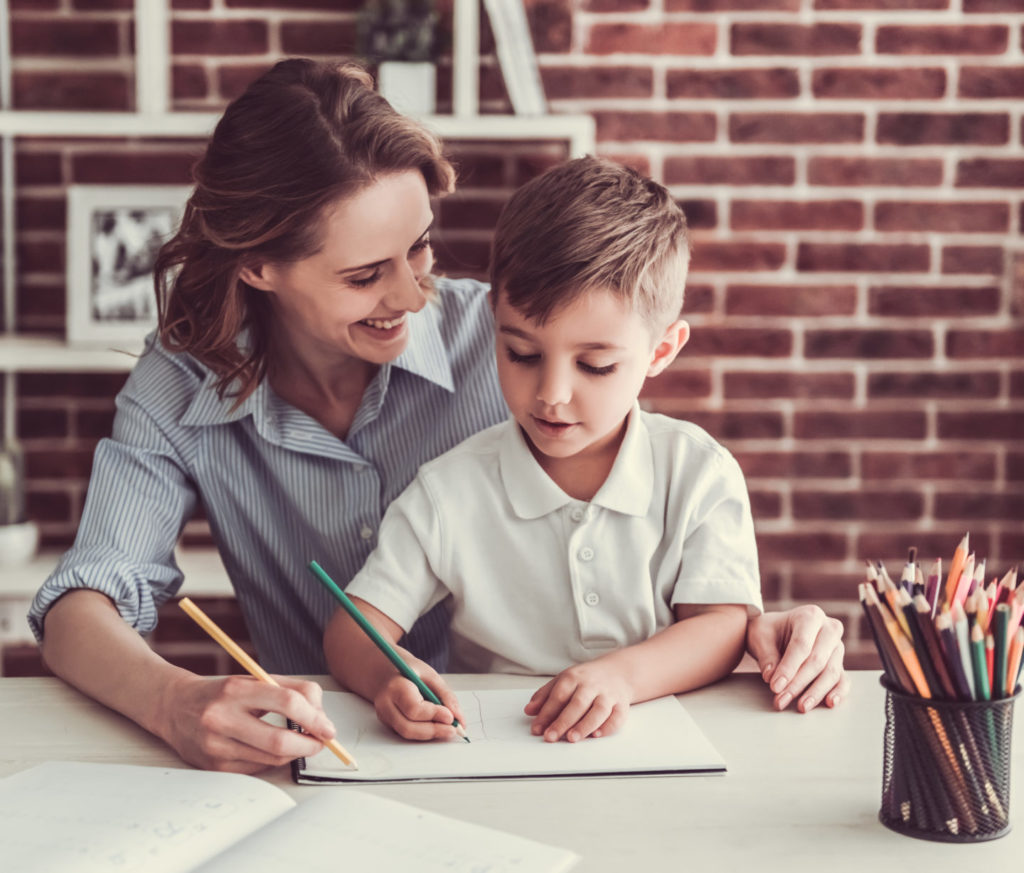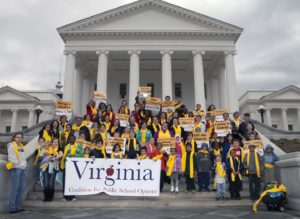Americans are rethinking education priorities
When it comes to education, the American public has some new priorities.
In the wake of the pandemic, 55% of Americans agree schools should be rethinking how they educate, while only 34% want to go…

When it comes to education, the American public has some new priorities.
In the wake of the pandemic, 55% of Americans agree schools should be rethinking how they educate, while only 34% want to go back to previous models, a survey conducted by Populace revealed.
The survey asked respondents to rank a variety of educational outcomes. The development of practical skills – like managing personal finances – came in first, while being prepared for an internship or entry level job – which previously ranked 23rd – was 40th.
Another new priority was personalized education. The fifth-ranked priority was providing students with unique support – 14 points higher than in 2019. Americans also value giving students class options based on personal interests (ranked 9th) and allowing students to learn at their own pace (13th).
The shift in priorities is also observed in the recent, historic public school enrollment decline, as more families seek alternative models of education.
Private schools nationwide boast personalized education produced by smaller class sizes. After all, private schools have an average of 17-18 students per class while public schools can average as many as 26 students per class.
The survey also highlights “collective illusions” – areas in which individual values and perceived social values most vary.
For example, most Americans do not prioritize college while believing most other Americans do.
Other collective illusions include the belief that society doesn’t prioritize personally fulfilling work or that others desire a one-size-fits-all model of education.
As the school choice movement comes to fruition in states like Missouri, Idaho and Virginia, educational priorities are clearly more than a handful of data points.
They reflect the desires of parents and communities nationwide who won’t settle for a subpar education for their children.



